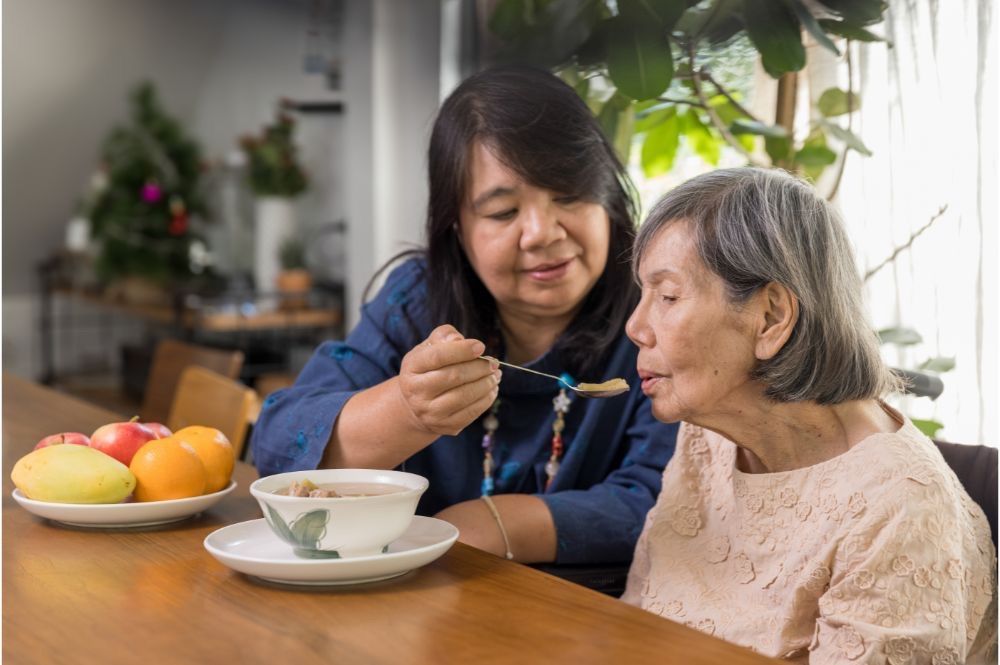How to Be a Healthy Caregiver
Although being an in-home caregiver can be incredibly rewarding, numerous challenges can affect your well-being. Maintaining your health is essential to providing the best care possible. This article offers practical advice on balancing your responsibilities while ensuring physical, mental, and emotional health.
Understanding Your Role
Understanding your role as a caregiver involves recognizing the specific responsibilities you undertake, such as medical assistance, emotional support, and daily task management. Equally important is knowing your limits and setting boundaries to prevent burnout. By clearly defining your role, you can manage expectations, reduce stress, and provide better care while maintaining your health and well-being.
Maintaining Physical Health
Remember to consider the importance of maintaining your physical health as a caregiver. Regular exercise boosts energy and reduces stress, while a balanced diet provides nutrients. Ensure adequate sleep to restore your body and mind, and schedule regular medical check-ups to monitor your health. Staying physically active improves your endurance for caregiving tasks and enhances your overall well-being, allowing you to perform your duties more effectively and sustainably.
Managing Mental Health
As important as physical health, managing mental health helps to avoid caregiver burnout. Recognize the early signs of stress and seek ways to alleviate it through mindfulness practices, such as meditation and deep breathing exercises.
Establish a regular self-care routine and engage in activities you enjoy. When needed, don’t hesitate to seek professional help, like counseling or therapy. Prioritizing your mental health ensures you can provide compassionate care while maintaining your emotional well-being and stability.
Social Support and Connections
Building a solid social support network is essential for caregivers. Connect with family and friends who can offer emotional and practical support. Join caregiver support groups to share experiences and gain insights from others in similar situations.
Don’t hesitate to ask for help and delegate tasks when necessary. Maintaining social connections reduces feelings of isolation, provides a sense of community, and offers much-needed relief from the demands of caregiving, ultimately enhancing your well-being.
Time Management and Organization
Effective time management and organization are essential for caregivers. To stay organized, prioritize tasks, create schedules, and utilize tools like planners or apps. Break tasks into manageable steps and allocate specific times for personal care. These strategies help reduce stress and ensure efficient handling of your caregiving responsibilities.
Self-Care Strategies
Here are ten self-care tips for caregivers:
- Regular Exercise: Incorporate physical activity like walking, yoga, or swimming.
- Healthy Eating: Maintain a balanced diet with nutritious meals.
- Adequate Sleep: Ensure you get enough rest each night.
- Mindfulness Practices: Engage in meditation, deep breathing, or journaling.
- Hobbies: Spend time on activities you enjoy.
- Social Connections: Maintain regular communication with friends and family.
- Professional Support: Seek counseling or join support groups.
- Scheduled Breaks: Take regular breaks to recharge.
- Relaxation Techniques: Try aromatherapy, massage, or listening to calming music.
- Set Boundaries: Learn to say no and delegate tasks when necessary.
Our Professional In-Home Caregivers Can Help
Book your free, no-obligation in-home consultation with a licensed nurse today! Gain personalized feedback, explore your options, and receive expert recommendations—all from the comfort of your home. Don't wait; start your health journey now!












